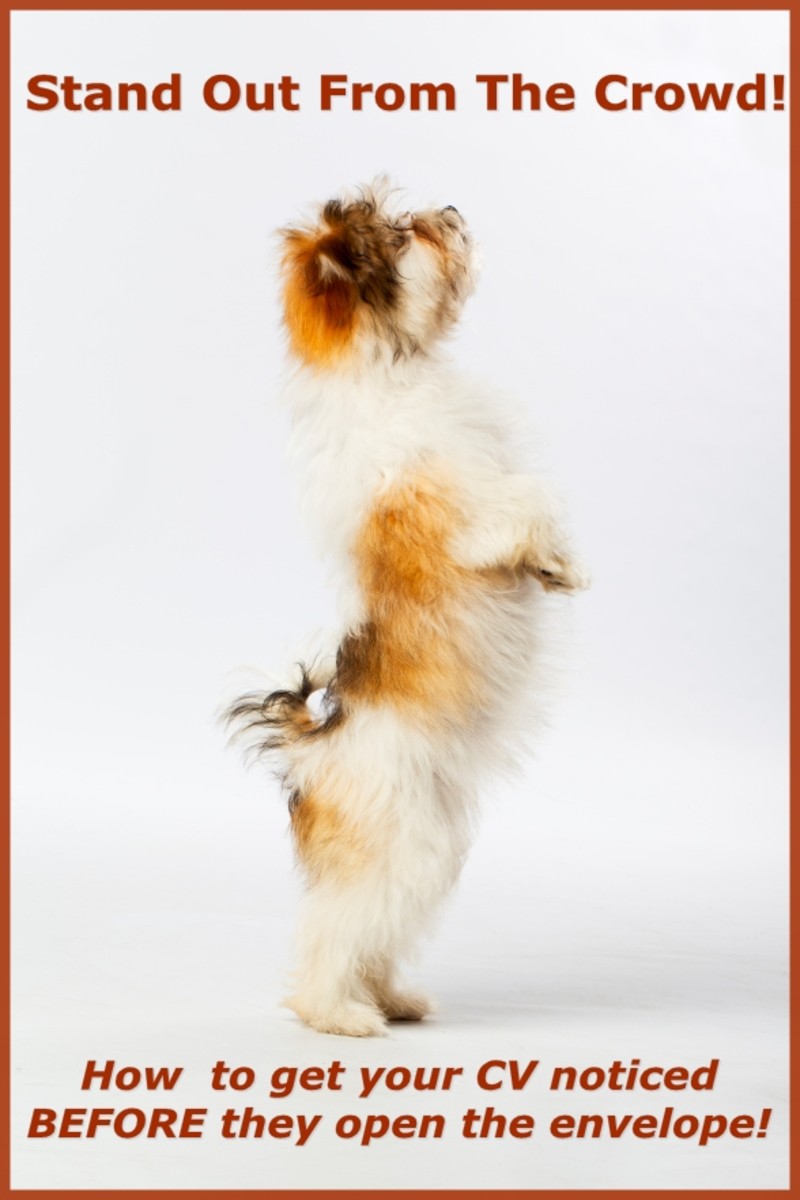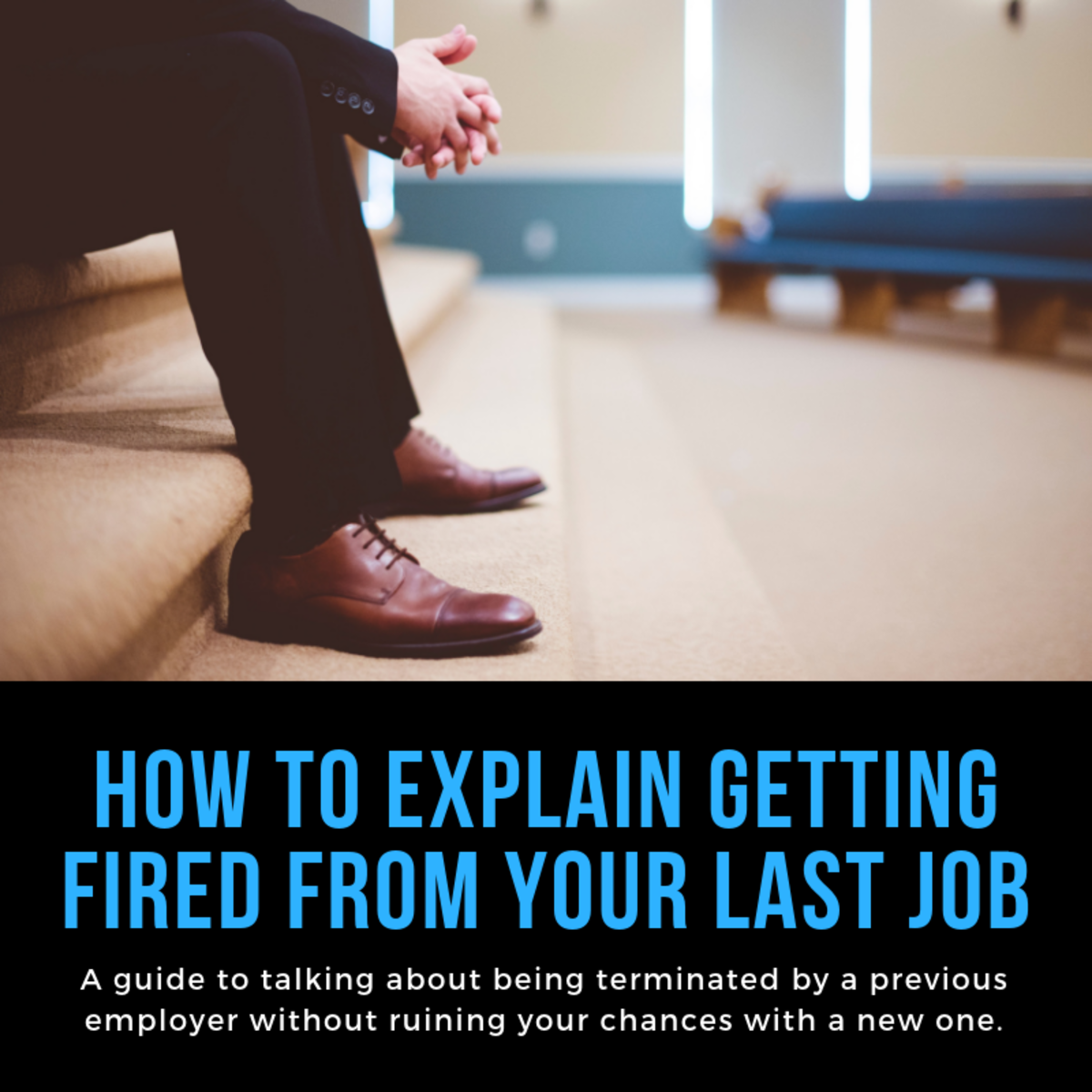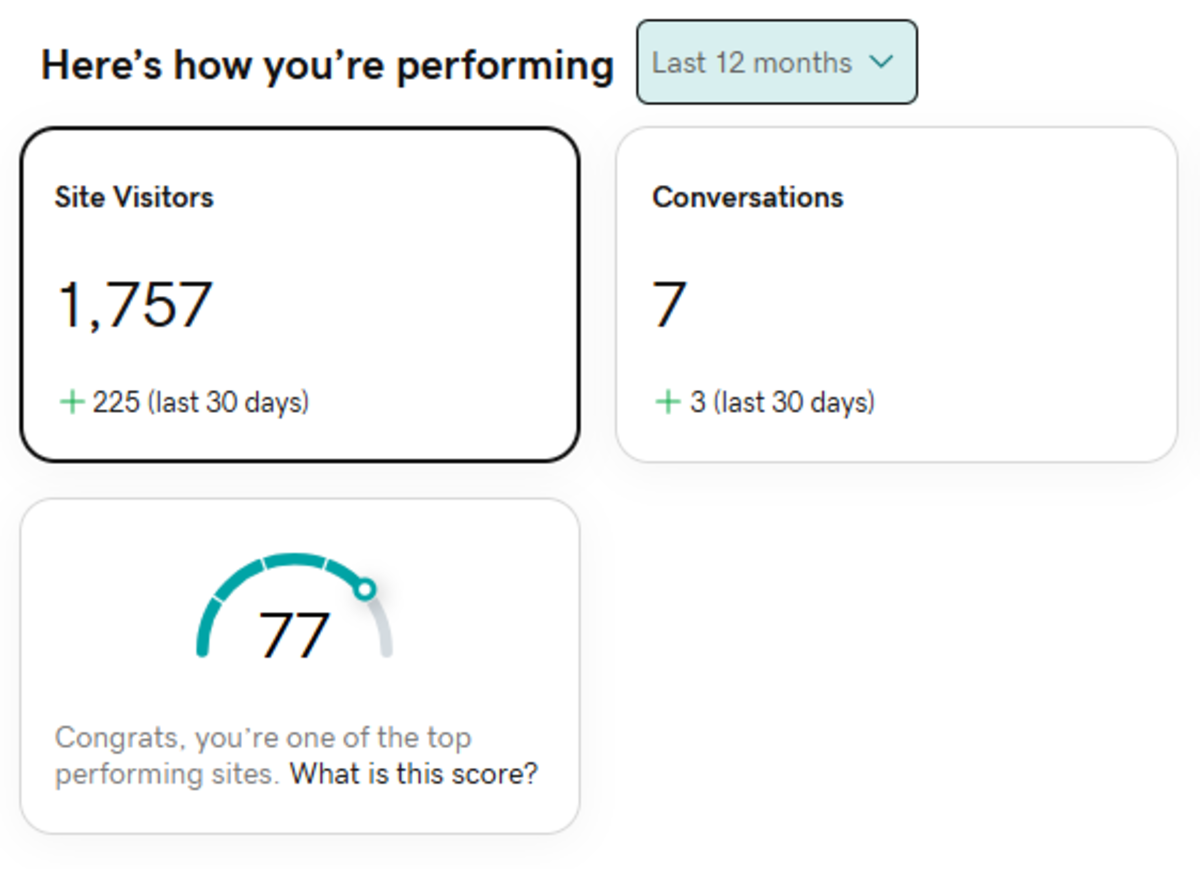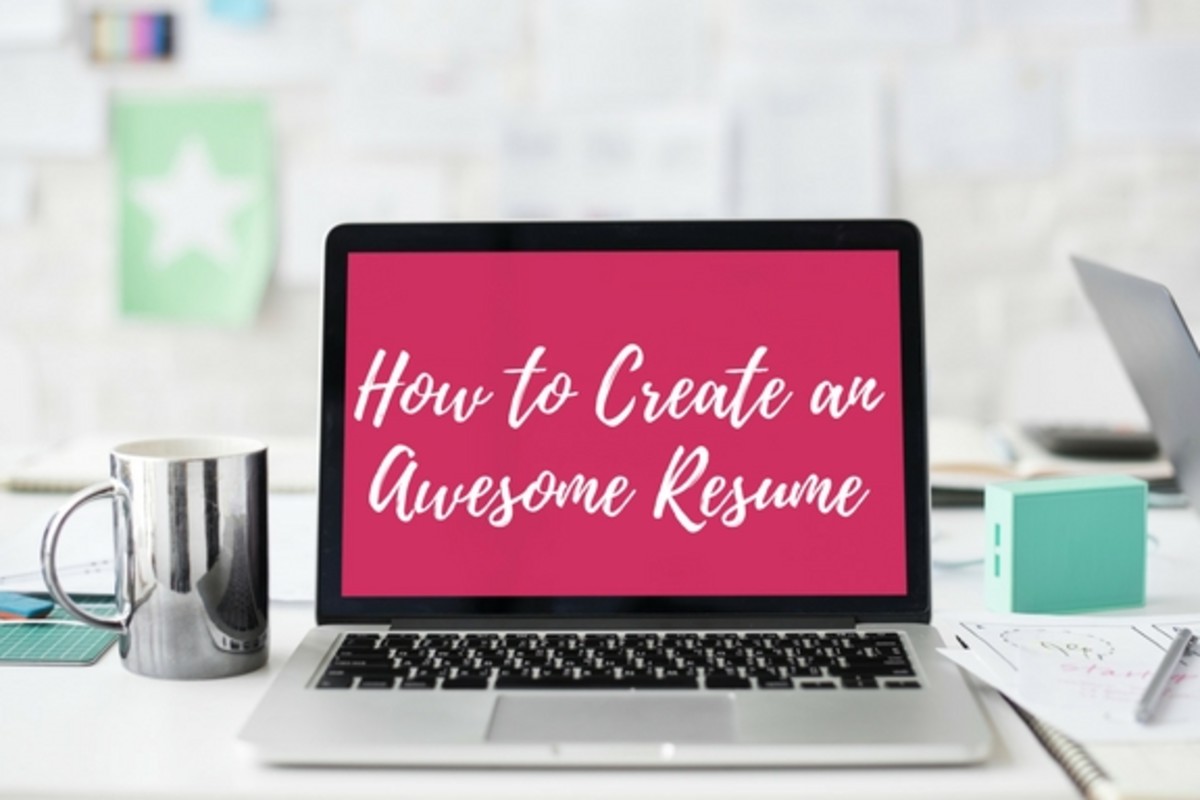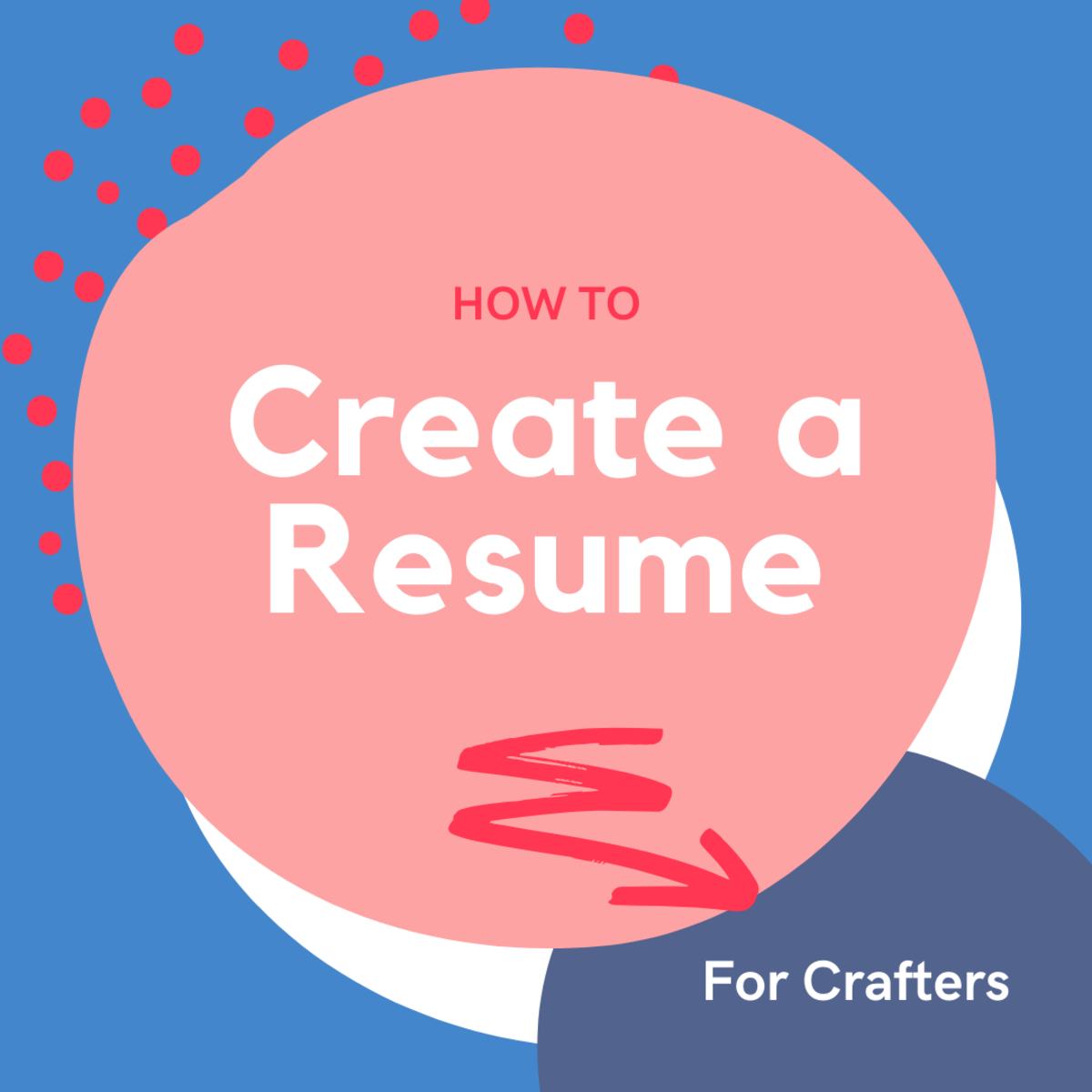How to Explain Gaps in Your Resume
What's a gap in your resume
A gap in your resume is generally considered the time between jobs where there is nothing on your resume that indicates that you were working, or what you were doing.
If you have a big gap on your resume, be prepared on how to talk about it. Each situation is a bit different, but as someone that had done hundreds of interviews, here is what I look at.
- I look at the start and end date of each job
- I look to see if they have left their current job and are now interviewing because they're available
Explaining the top reasons for gaps in a resume
I must look at 20 - 100 plus resumes a week and it's pretty common to see a resume with gaps. Here are the top reasons I see regularly.
- Here in Silicon Valley, it's pretty common to try and start a company and fail. Several times I'll see six month gaps to two years where this will be the reason. Sometimes people think the failure hurts their resume and would rather have a gap than a failed effort. For me, it's a positive experience to have started a company. Starting a company is incredibly difficult. I know most fail and the ones that succeed have a fair amount of luck. People that try to start companies have learned a lot and bring with them additional perspective. If this is the reason for your gap, it's best to add it to your resume. Use your failure to sell what you've learned and the experience you have gained.
- I've been traveling. It seems like engineers love to travel. With a robust job market, they can count on easily finding work quickly, and so they seem to work for a few years and then travel through south america or south east asia. These seem to be the preferred destination. When asked about these gaps in resumes, people tend to say I took time off to travel. I usually say, cool, where did you go. If you have been traveling, make it clear to the person that it out of your system and that you are planning to work for the foreseeable future.
- I had a baby. For an interviewer, this can be a bit tricky, but for the interviewee, if asked why there is a gap in your resume you have a choice. One, is to be direct. I had a baby and wanted to stay home with it (him or her). Or more vague. I had a personal event that required my attention. In general, it's best to be direct, but some interviewees fear retaliation if it is known they have children. I think most people respect the different decisions that people make on whether to stay home with their families. I suggest finding companies to work for that embrace having a family and respect that some people want to stay home with babies. Smart interviewers know that there is incredible talent sitting on the sidelines because they need flexibility to take care of their families. Be clear on your scheduling needs, be firm in your desire to work, and demonstrate that you are well organized and positioned to balance work and home.
- Laid off and fired. OK. As an interviewer, I get put off when someone says, "I was laid off and I've been looking for six months." This is a pretty big red flag. There must be something wrong with this candidate. My suggestion here is to answer with a PR like answer. First, don't admit to being laid off. Second, say something like "I'm looking for the right fit for me where I can make a big impact," when asked about the gap. If the questions persist about the gap in your resume, or if pushed on why you left, be vague and move to a positive statement like, "It wasn't the right place for me. I've always been a hard worker that is passionate about doing great work for customers. I prefer high energy places where teams work hard together...."


